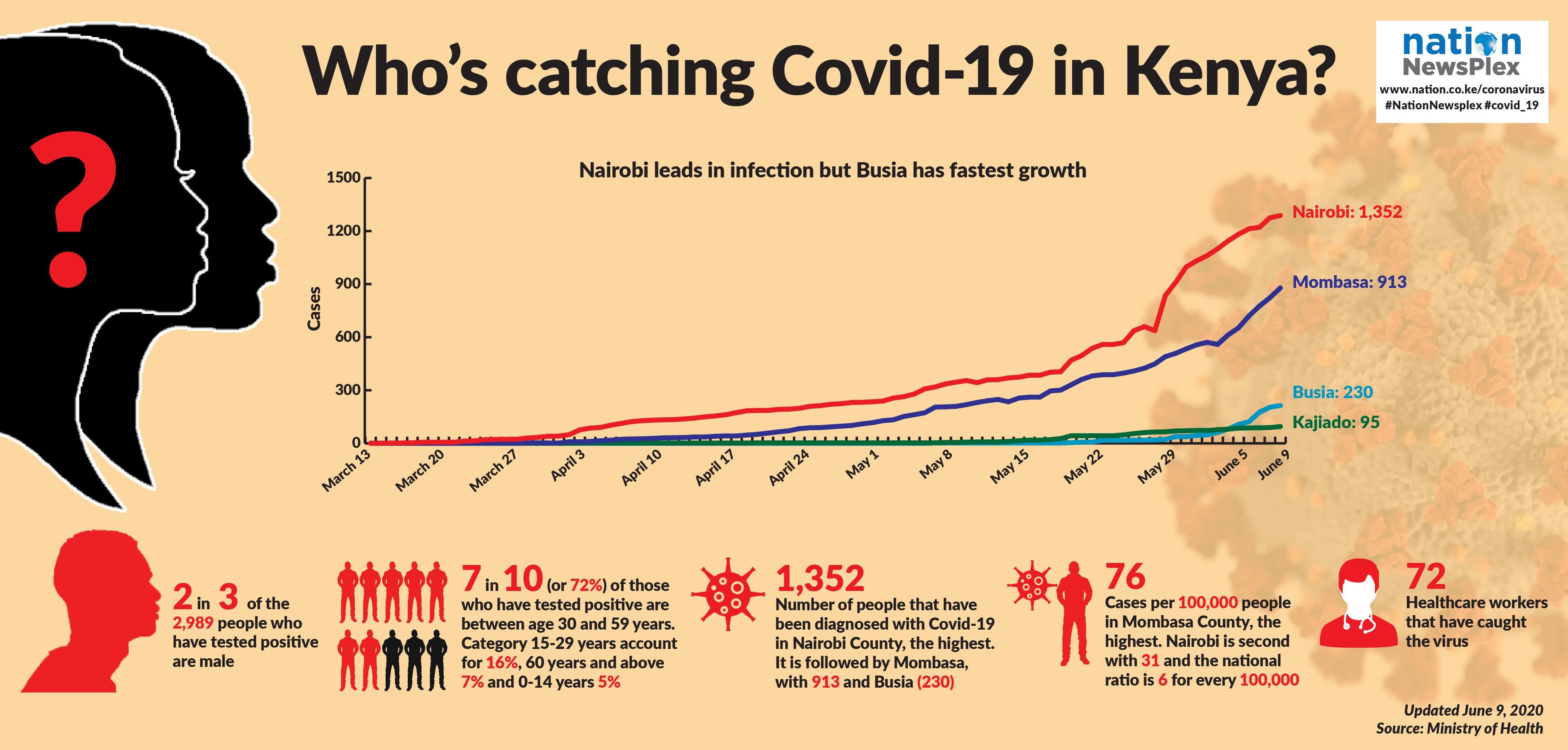If you want to worship, you must be frisked

What you need to know:
- Philip Mwaura, who is in charge of Mamlaka Chapel’s security, says that it wasn’t until terrorists begun attacking churches that the security budget started punching holes in their pockets.
- It is a cumbersome, yet necessary procedure, and like the church, Nakumatt Holdings, one of the largest supermarket chains in Kenya has had to heavily invest in the safety of its clients.
- According to Mr Shah, the cost of safety and security management has grown almost at par with emerging risks and threats.
By 9 am every Sunday, the parking lot of All Winners’ Chapel in Roysambu, on the outskirts of Nairobi, is full. Still, parking attendants have to struggle to find more space for the cars trickling in.
From a distance, it is easy to see a long queue of people streaming into the church. The queue is gradually spilling over to the road, causing heavy human traffic.
This is not what it used to be two years ago. Before, you would come regardless of the time and walk into the church to listen to the sermon. However, those days seem to be long gone, because now you must queue and have your bag and pockets frisked before setting foot in the church.
It is a routine that has slowly become the norm and a reality to many church goers. In fact, the rule almost goes “if you want to worship, then you must be ready to be frisked.”
Not long ago, going to church was as simple as walking into the compound without anyone stopping you halfway to check what you were carrying. As a matter of fact, it was assumed to be the one of the safest places to be in.
But this sense of security fazed away as soon as insecurity settled in, and the scourge of terrorism was felt across the board.
“At some point we had to liaise with the police to at least have two officers on guard at the church while other plain clothes police mingle with the congregants.”
Philip Mwaura, who is in charge of Mamlaka Chapel’s security, says that it wasn’t until terrorists begun attacking churches that the security budget started punching holes in their pockets.
“Before we could only hire parking attendants who would direct congregants on where to park,” he recalls.
That, he says would cost them about Sh30,000 monthly. Nothing more. Maybe less. Two years down the line, Mr Mwaura bemoans the costs incurred by the church on security every weekend.
“After insecurity started creeping into churches, at Mamlaka we sought to invest in hiring trained security guards and experts. It had more to do with our members’ peace of mind. People want to feel that they are secure even in church,” he says.
And this came at a cost. Today, Mwaura reveals, Mamlaka Chapel parts with at least Sh60,000 monthly to pay the security firms the church has hired, almost double the costs the church used to incur.
“Besides hiring the guards, we have also had to invest in security gadgets that we never had, like CCTVs around the church and hiring people to monitor them.”
Back to our Roysambu church where the service has just ended, people are now shifting gear and streaming into the neighbouring Thika Road Mall (TRM).
Just like in the church, everyone going into the mall must pass through one of the 13 guards stationed at the entrance.
It is a cumbersome, yet necessary procedure, and like the church, Nakumatt Holdings, one of the largest supermarket chains in Kenya has had to heavily invest in the safety of its clients.
Nakumatt Holdings Managing Director, Atul Shah, says that the supermarket chain’s cost of safety and security has significantly edged up and now covers slightly more than 25 per cent of operating costs.
“This increase has been a steady climb from less than eight per cent five years ago. We are now spending more as we seek to further enhance our capacity. The costs have however been growing in tandem with our expansion and emerging security risks,” says Mr Shah.
He says that the money pumped into security measures has more than doubled over the last two years, causing a strain on the general operations of the supermarket chain.
At the church, Mwaura explains that the church had to limit, and to some extent stop some projects, just to cater for security. “At some point we had to liaise with the police to at least have two officers on guard at the church while other plain clothes police mingle with the congregants,” he explains.
According to Mr Shah, the cost of safety and security management has grown almost at par with emerging risks and threats.
“Such risks and threats require dynamic management and mitigation programmes which end up costing a pretty penny,” he says.
To mitigate the situation, businesses are calling on government to reinforce security in places which are commonly frequented by Kenyans.
“On a general level, the allocation of armed security officers at all Malls should be a key development. It’s important for the National Police Service to step up security coverage at all Malls with a visible presence,” says Mr Shah.





